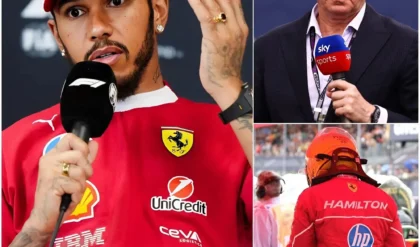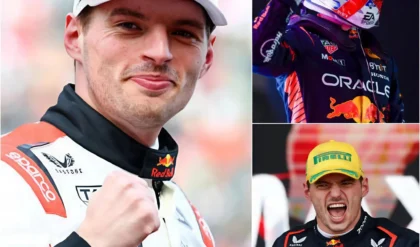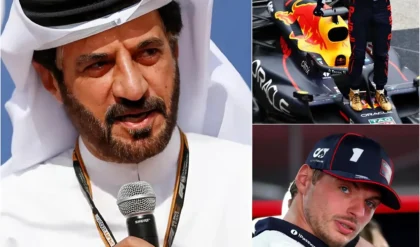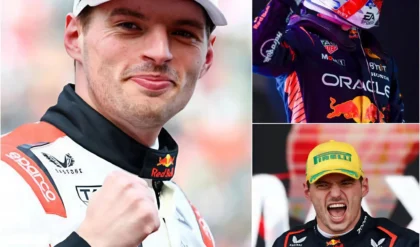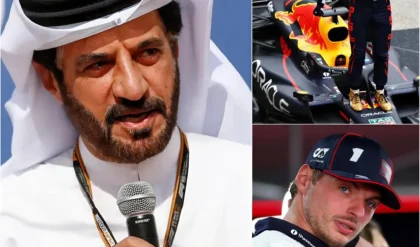Lewis Hamilton has never shied away from speaking his mind, both on and off the track. In the latest turn of events, the seven-time Formula One World Champion has taken aim at veteran broadcaster Martin Brundle, openly criticizing what he describes as Brundle’s “constant negativity.” The confrontation has sparked wide discussion in the motorsport community, highlighting the tension between drivers, commentators, and the media during one of the most turbulent seasons of Hamilton’s illustrious career.
Hamilton’s remarks came in response to repeated comments made by Brundle throughout the season. Known for his incisive analysis and decades-long presence in Formula One broadcasting, Brundle has not hesitated to question Hamilton’s performances, strategies, and even his focus amid growing challenges on the track. However, Hamilton has now drawn a line, claiming that such commentary has crossed the boundary from fair critique into a pattern of unnecessary pessimism.
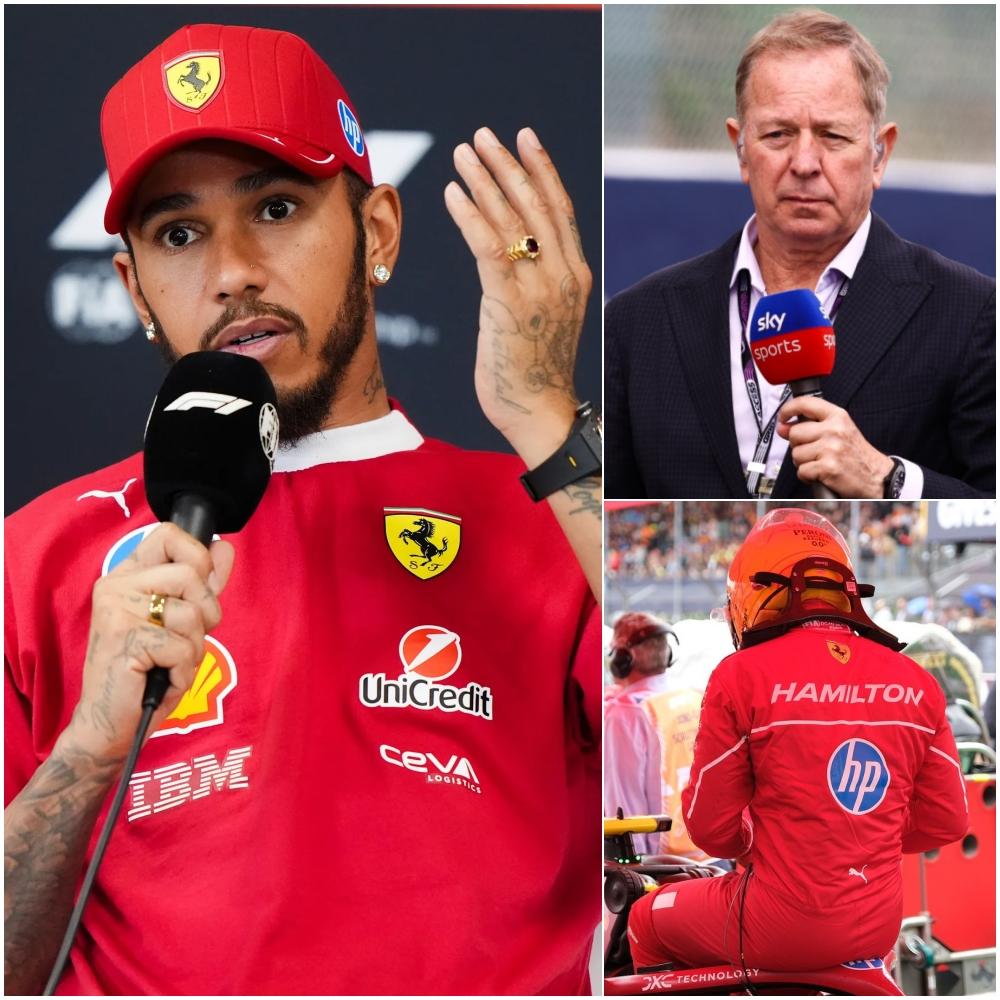
In a candid statement, Hamilton remarked that Brundle’s words do not merely reflect professional analysis but foster a hostile atmosphere around a driver already under immense pressure. “It’s one thing to analyze the race,” Hamilton noted, “but it’s another to constantly paint a negative picture without considering the broader circumstances. This is the toughest season of my career, and yet the narrative seems intent on undermining rather than understanding.”
This sharp rebuke has resonated deeply because Hamilton is facing one of the most difficult years since his Formula One debut. With his team struggling to match the pace of rivals, particularly Red Bull and Ferrari, Hamilton has endured a series of frustrating results. The setbacks have fueled speculation about his future in the sport, with critics questioning whether he can reclaim his dominance. Against this backdrop, Brundle’s recurring critical tone has intensified the scrutiny on Hamilton, amplifying the weight on his shoulders.
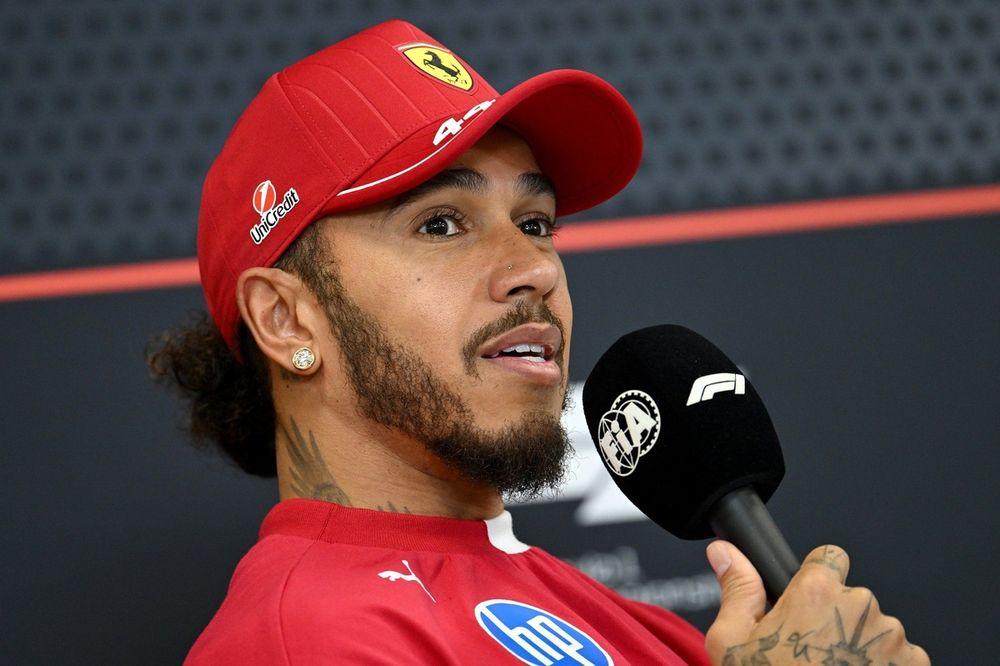
Yet Hamilton’s decision to confront Brundle so directly also reflects his evolving role within Formula One. No longer just a competitor, he has become a prominent voice advocating for fairness, diversity, and mental resilience in a high-pressure environment. By calling out negativity from one of the sport’s most respected broadcasters, Hamilton is signaling that drivers should not be passive recipients of commentary that may affect both their public image and personal well-being.
The clash has divided opinion. Supporters of Hamilton argue that his frustration is justified, given the relentless criticism he has endured during a season where technical issues and team shortcomings have been as much to blame as driver performance. They stress that even champions deserve acknowledgment of the unique challenges they face. On the other hand, defenders of Brundle highlight his long-standing reputation for honest, unfiltered analysis. To them, Hamilton’s reaction risks appearing thin-skinned, suggesting that champions must accept tough scrutiny as part of the territory.
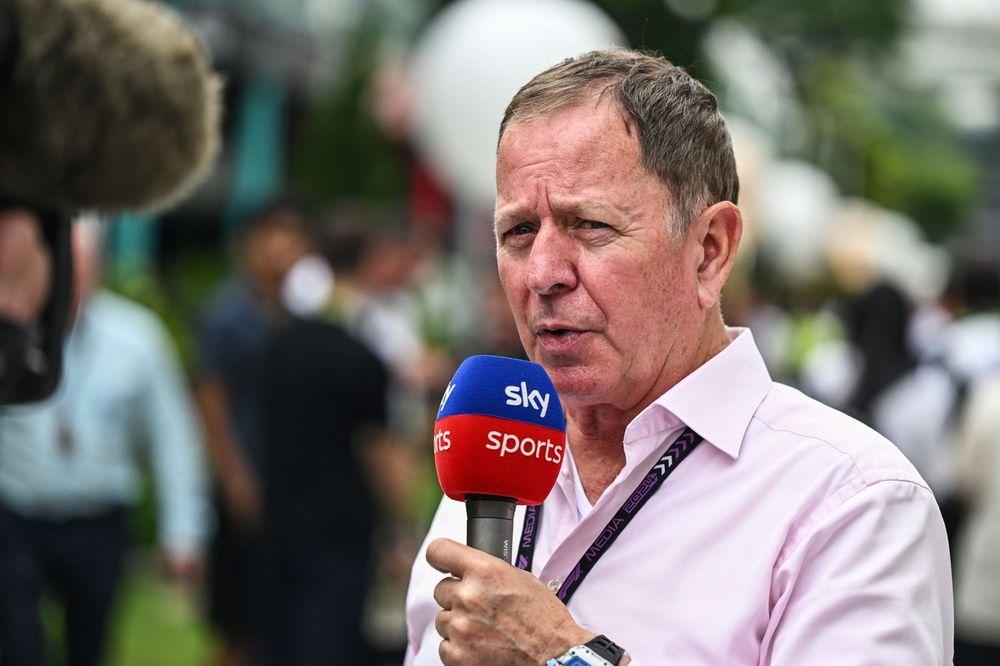
Regardless of perspective, the episode underscores the evolving relationship between athletes and the media. Formula One has always thrived on the drama of competition, but in an era where every comment can be amplified across digital platforms, the balance between critical analysis and constructive engagement has become more delicate. Hamilton’s rebuke, sharp and direct, calls attention to the human side of elite sport: behind the statistics and strategies is a driver enduring enormous pressure, fighting to stay competitive in a season defined by obstacles.
As the season progresses, the tension between Hamilton and Brundle may either dissipate or escalate further, depending on future results and commentary. What is certain is that Hamilton’s willingness to speak out has once again shifted the spotlight. More than a battle of words, it is a reminder that even champions, with all their achievements, remain vulnerable to the weight of expectation and the sting of criticism. In confronting Brundle, Hamilton has not only defended himself but has also opened a broader conversation about respect, resilience, and the responsibility of those who shape the public narrative in sport.
